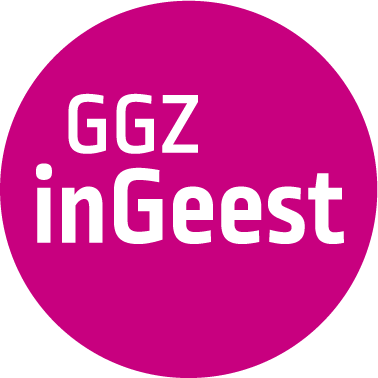Happy news from ZonMw! A group of researchers from the Amsterdam UMC – location VUmc and GGZ inGeest, led by Femke Lamers and Rick Jansen, have been awarded with a grant of €500.000 from ZonMw, the Netherlands Organization for Health Research and Development, to study personalized care options for persons with immuno-metabolic forms of depression.
Depression is recognized as a major public health burden, but depression treatments are effective in only around two-thirds of patients. One of the likely causes for these low success rates of treatment, is that depression is not a ‘one-size-fits-all’ concept, but is rather a collection of different phenotypes, each with specific pathology, each potentially requiring different treatment.
Next step in depression subtyping research
The PERCIM project (“Personalized Care for Depression: Bringing Immuno-Metabolic Depression from Bench to Bedside”) builds on the successful research line within the department of Psychiatry on depression subtyping and immune-metabolic depression. This research line, based on observational data, has shown that approximately 25% of depressed patients exhibit a combination of atypical symptoms (e.g. increased appetite/weight, hypersomnia, extreme fatigue, leaden paralysis during a depressive episode) and immuno-metabolic (IM) dysregulations (increased body mass index (BMI), and dysregulated levels of leptin, insulin, and other metabolic and inflammatory markers). This suggests that the IM dysregulations reflect a more homogeneous depression pathology which may need specific treatment such as lifestyle interventions that target IM pathways.
“We believe that patients with IM dysregulations are the most promising subgroup to be considered for personalized medicine in depression “, says principal investigator Femke Lamers (Amsterdam UMC).” It is time to valorize our previous research findings and translate knowledge to clinical recommendations.”
Bridging the gap between bench and bedsite
The central aims of the project are to 1) Improve IM depression profiling in terms of clinical characteristics and biomarkers, 2) Identify personalized treatment modalities for IM depression and 3) Include the patient perspective in personalized medicine for IM depression. For the first aim, the project will use a large database of over 75.000 persons, including 15.000 with depression. Rick Jansen, projectleader (Amsterdam UMC): “The comprehensive biomarker and symptom data we will use will likely bring us closer to the core of IM depression pathology than the previously used, limited set of IM features.”
In the second part of the project, data of 4 RCTs on a variety of treatment modalities (antidepressants, light therapy, running therapy, multi-nutrient supplements) will be analyzed. For the last aim, in collaboration with the Depressievereniging, we will use focus groups to incorporate the patient’s voice into the recommendations.
The project will lead to recommendations for clinical profiling and treatment of IM depression, facilitating personalized medicine and fueling future clinical guidelines.
Project team PERCID “Personalized Care for Depression: Bringing Immuno-Metabolic Depression from Bench to Bedside”: Femke Lamers, Rick Jansen, Aartjan Beekman, Mariska Bot, Marijke Bremmer, Yuri Milaneschi, Brenda Penninx, Didi Rhebergen and Judith van der Horst.



